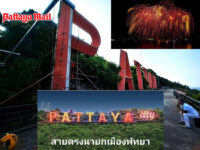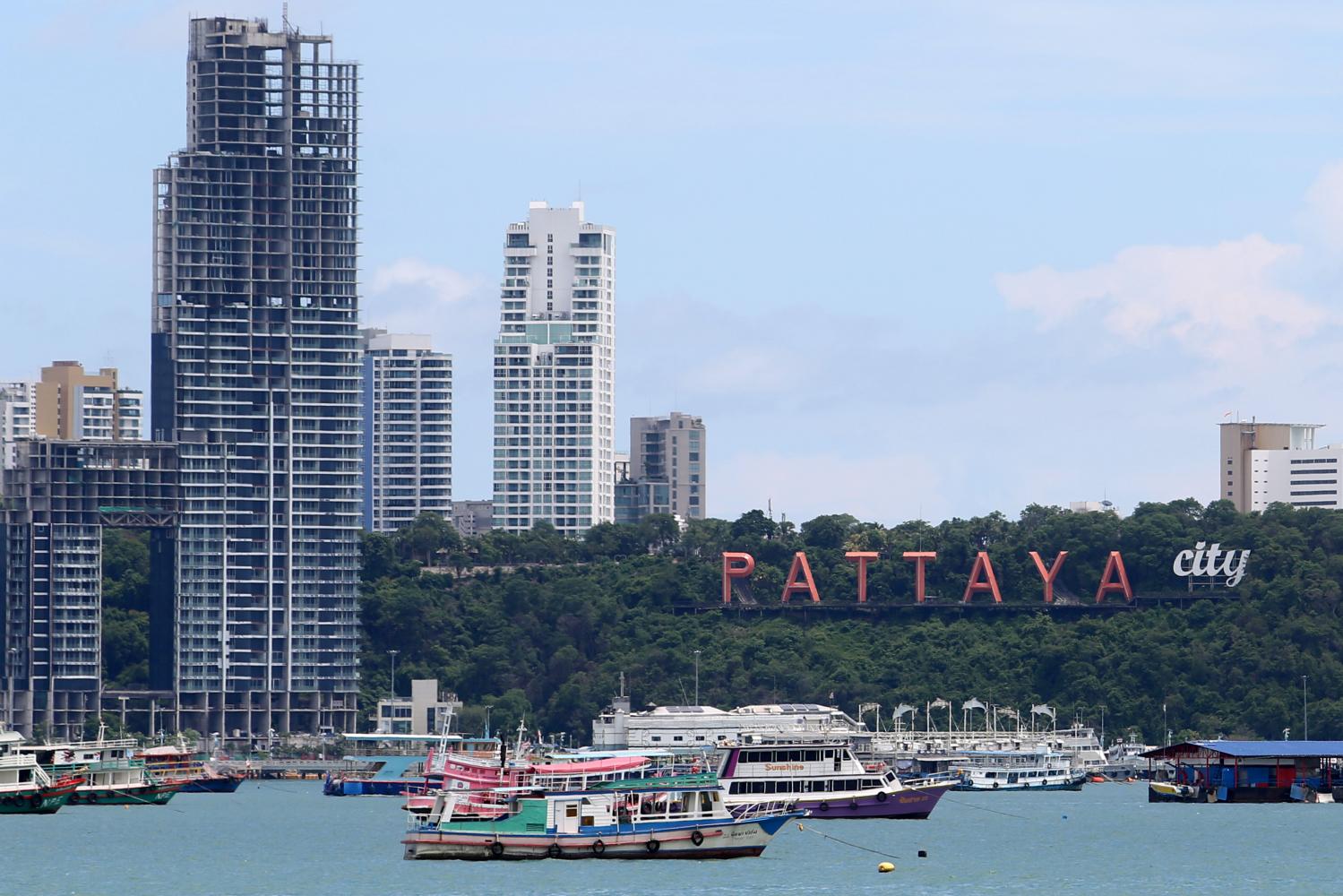Pattaya tourism operators have vowed to promote family tourism, local food and Thai martial arts to eliminate its long-standing image as a hub of sex tourism, while urging authorities to cater to rising tourist numbers following state efforts to allow travellers from more countries to stay in the kingdom for up to 60 days.
The Association of Chonburi Tourism Federation (ACTF) held a tourism workshop this week among key operators in Pattaya and Chon Buri, with tourism operators from five major foreign markets: Germany, Russia and the Commonwealth of Independent States, China, South Korea and India.
ACTF president Thanet Supornsahasrungsi said most tourism operators agreed that Pattaya’s nightlife image remained dominant among foreigners, more so than any other tourist draws.
He said new, family-oriented activities needed to be promoted to keep up with independent tourism trends.
Mr Thanet said the city still has high potential to grow from its various attractions, including water parks, world-class golf courses, Muay Thai camps, and local communities known for craftsmanship in the outer areas.
Local cuisine in Chon Buri is scheduled to be included in the 2025 Thai Michelin Guide.
He said in the past, Pattaya attracted a large number of retired foreigners who frequented night clubs, keen on sex tourism.
However, the average tourist age is now younger and they are looking for a variety of experiences, such as Russian tourists travelling with kids, said Mr Thanet.
“It is undeniable some tourists still want to explore the nightlife, and the authorities should regulate an area for these businesses, zoning bars, clubs and adult motels within one place, as seen on Phuket’s Bangla Road,” he said.
“With the market trends shifting, all businesses in Chon Buri, including bars and nightclubs, must adapt to survive.”
Other critical issues raised in the meeting related to traffic congestion, poor transport and flood prevention.
The government announced this week it is allowing citizens from 93 countries to visit Thailand without a visa for up to 60 days.
Mr Thanet said the tourism sector should benefit from this measure, pointing to plans for direct charter flights from Kazakhstan to U-tapao airport starting next month, which were arranged after the administration finalised the visa waiver programme for that nation.
With the extension starting soon, he said all related authorities should be prepared to manage an influx of tourists.
“Our problem is each authority has not been integrated,” said Mr Thanet.
For instance, when there is a traffic problem in Pattaya City, he said city officials might refuse to act, claiming it is the police’s responsibility.
Mr Thanet said without proper management, large numbers of tourists could lead to more accidents or a higher crime rate.
He said the government must also evaluate eligible countries on whether they create a risk of overstaying their visa or illegally working in Thailand, while immigration regulations should be strictly enforced for visitors.
According to the cabinet meeting this week, 36 new countries were added to the visa exemption scheme, including India, China, Sri Lanka, Cambodia and Laos.






















